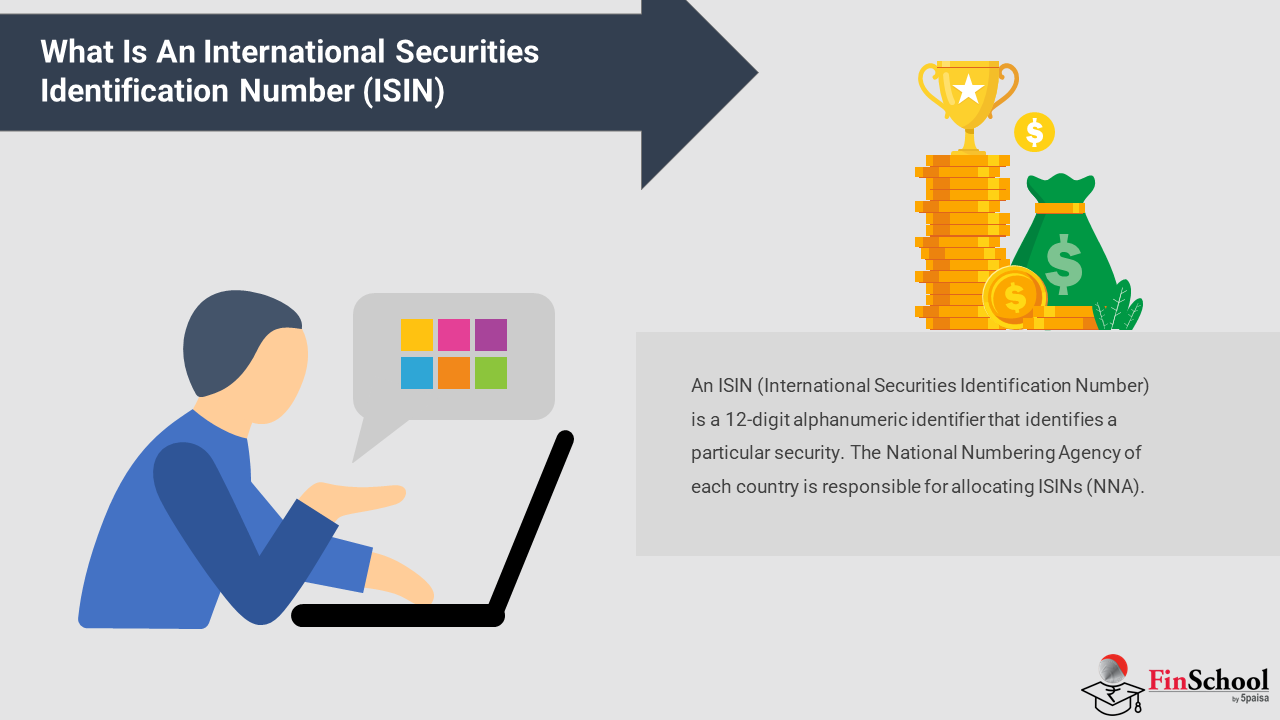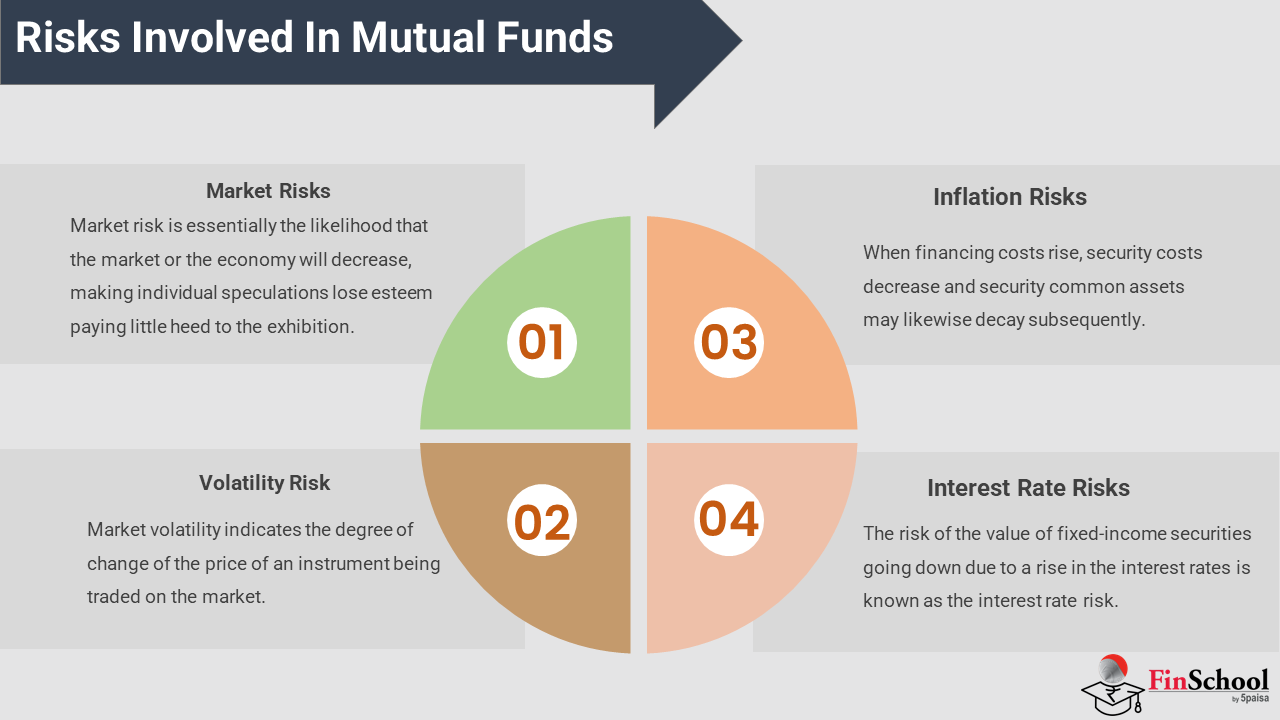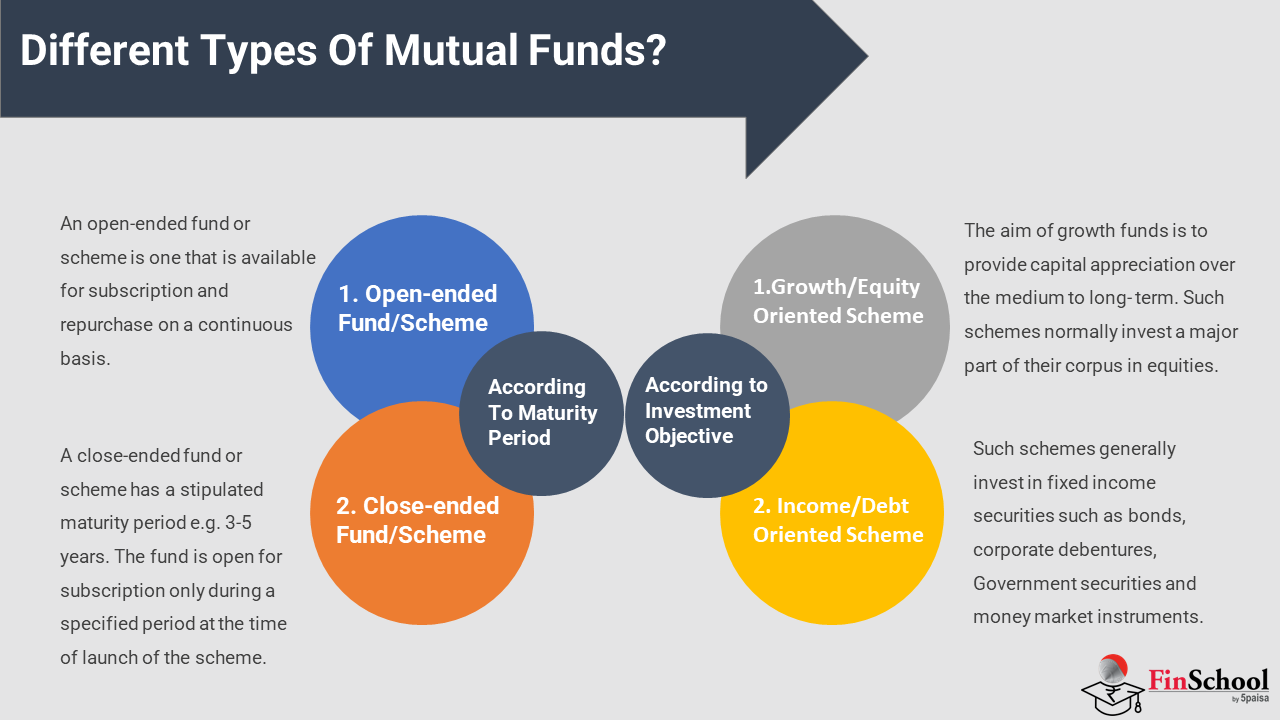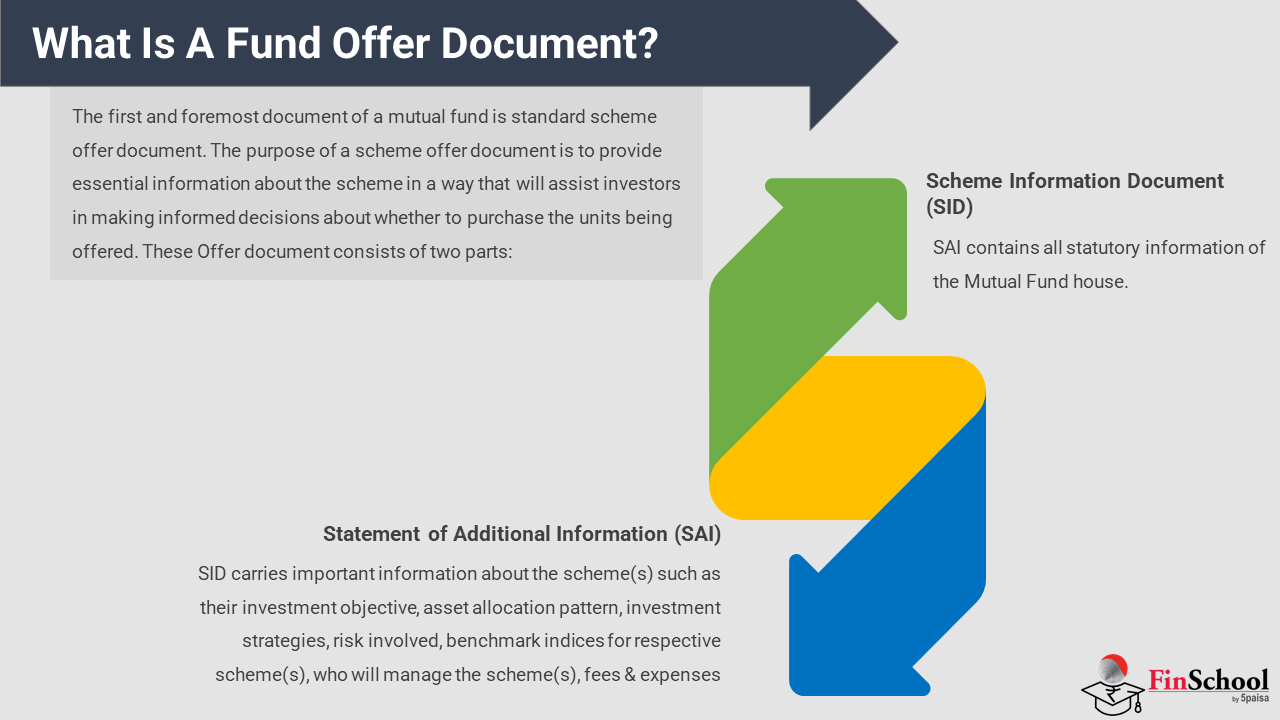- Study
- Slides
- Videos
2.1 Components of Insurance
Insurance is an important part of personal finances. The best way to understand which insurance policy suits you the best, it is better to understand the components of insurance first
The five important components of Insurance policy are
- Premium
- Deductible
- Policy Limits
- Exclusions
- Riders- Additional and Options
Let us understand them in detail
2.2 What Is A Premium?
The insurance company calculates that an individual or business periodically will pay them a specific amount known as premium. This is collected for maintenance of the insurance policy and coverage. Insurance companies consider many factors before calculating the premiums. The factors include claims made by the policyholder, medical conditions, smoking and other lifestyle habit, area of residence, employment nature and so on. For doing this process the insurance companies appoint actuaries and they determine the likelihood of claim for various age group and lifestyles. The greater the risk associated with an event the more expensive will be the insurance premium
Insurance companies offer policyholders a number of options when it comes to paying insurance premium. Now it depends on the policyholders whether they prefer to pay the installments monthly, half yearly or quarterly. The policy holder can also pay the entire amount upfront before the coverage starts. An insurance company will pool together all the money that individuals pay for premiums, which will be paid out to individuals who need to be covered for financial losses as a result of events or incidents stated in the contract between you and the insurance company.
Types of Insurance Premiums
-
Life Insurance Premium
Life insurance premiums are determined by personal information including age, health and medical record. Factors such as smoking or drinking alcohol also determine the amount of premium you need to pay
-
Health Insurance Premium
Some individuals receive mediclaim policy as part of their salary package from the company. In such cases they need not pay any premium. Whereas the policy taken from local insurance companies for medical emergency the premium needs to be paid either monthly, quarterly, half yearly or yearly.
-
Auto Insurance Premium
When one purchases vehicle as per law the vehicle insurance needs to be taken. The insurance company looks at the driving records such as violations, parking tickets, license suspensions and driving accidents. A driver who is having clean records are charged smaller premium than the driver who has a record for consistent accidents and violations.
-
Home Insurance Premium
Home insurance premium are determined by the age, size, value and location of the property. Houses located in areas which are extremely prone to weather conditions such as hurricanes the insurance premiums are high in such cases.
-
Renters Insurance Premium
Renters Insurance Premium is a form of property insurance that protects tenants who live in the rented dwelling. This policy covers personal property, liability claims and additional living expenses when a unit is damaged. This insurance is not a legal requirement but some landlords require proof of renters insurance before they hand over the keys. This insurance does not cover floods or earthquakes.
2.3 What Are Deductibles?
- The insurance deductible refers to the amount of money one needs to pay in an insurance claim prior to the insurance coverage starts. Once the deductibles are clear, the insurance company will pay you up to the policy limits and conditions in the wording for the rest of the claim value. Deductibles in a way provide the opportunity to the insurance companies to share costs with the policyholders when they file the claim.
- Deductibles help the insurance companies to minimize the risk of moral hazards to the conduct. For example if vehicle owner has taken insurance policy that does not give him the authority to drive recklessly or leave the vehicle in a dangerous area.
- Through Deductibles insurance companies ensure that the insured person also takes measures for financial safety and does create damage intentionally. For example if the health insurance policy is of Rs 500000/- cover and as per the policy co-payment is 10% . Now suppose the insured person gets admitted to the hospital and the charges come up to Rs 300000/-. Here the insured person will have to pay to the hospital Rs 30000/- and the rest amount Rs 270000/- will be paid by the insurance company.
2.4. What Are Policy Limits?
Insurance Policy Limits are listed on the declaration page of policy documents. Each type of coverage has its own limit. When you are selecting the limit you need to consider the minimum/maximum amounts of coverage available from your insurer as well as any legal requirements. The insurer will then calculate the premium and deductible according to coverage limit.
Types of Policy Limits
- Per-Occurrence Limit- It determines the funds your policy will provide for one specific incident.
- Aggregate Limit – It determines the funds your policy will pay for all the claims during the policy period.
The limits informs the maximum amount of funds policy provides in case one or multiple covered losses incur. For example if you own a home and its lost in the fire, you would likely get the maximum coverage provided by your policy. If your rebuilding costs would be more than your limit it is considered as underinsured and one should think about increasing the policy limits. Changing the policy limits effects the premium amount as well.
2.5. What Are Exclusions?
- Once the insurance policy is taken you might think that the entire damage cost will be reimbursed by the insurance companies. But that is not the case. Exclusions are the cases where the insurance companies does not provide coverage. These are the conditions which the insurance companies excludes so as to avoid losses to the company.
- The life insurance policy contracts have certain specified provisions and clauses which needs to be fulfilled so that the contract becomes valid. Generally the insurance provider is liable to pay the claim in case of death of the insured.
- But to avoid intentional damages the insurance companies sets exclusions conditions for example committing suicide will not get insurance claim.
- Such clauses are clearly mentioned in the policy document at the time of commencement of policy contract. Waiting period in which insurance benefits do not apply is also type of exclusion. Also if a person already has some types of pre-existing diseases such person will not get insurance claim benefits .
2.6. What Are Riders- Additional Coverage and Options?
Riders are an optional add on that increases the coverage features of insurance policy. Riders are valuable tools that help expanding life insurance coverage.
Different types of life insurance riders are
- Waiver of Premium: This rider ensures that your life insurance policy stays active even if the individual is unable to pay premiums. Here the future premiums will be waived off but the policy benefits continues.
- Critical Illness: Critical illness insurance provides additional coverage for medical emergencies like heart attacks, strokes or cancer. These emergencies are such type of illness wherein the cost incurred for the treatment is more than the average medical cost, these policies pay out cash to help cover these additional costs.
- Accidental Death Rider: Accidental Death rider is an optional feature one can add to a term life or whole life insurance policy. This rider gives death benefit to the nominee if one dies due to accident. That means if a person passes away unexpectedly from a covered accident the nominee gets the insurance amount and at the same time gets financial security.
- Permanent Partial Disability: In the unfortunate event which the policyholder meets with an accident he or she might become permanently or partially disabled. In such situation this rider comes with the waiver of premium element. This means if the person becomes disabled due to accident the premiums of term insurance are waived off but the policy continues to remain active till maturity.
- Income Benefit Rider: Income benefit rider is an addition to a life insurance policy that provides the beneficiary an amount of money equal to the policyholder’s monthly income in the event of death of the policyholder. The rider is a type of death benefit and it specifies the term for the additional coverage and eventually expires if it is not activated by the death of the policyholder.














